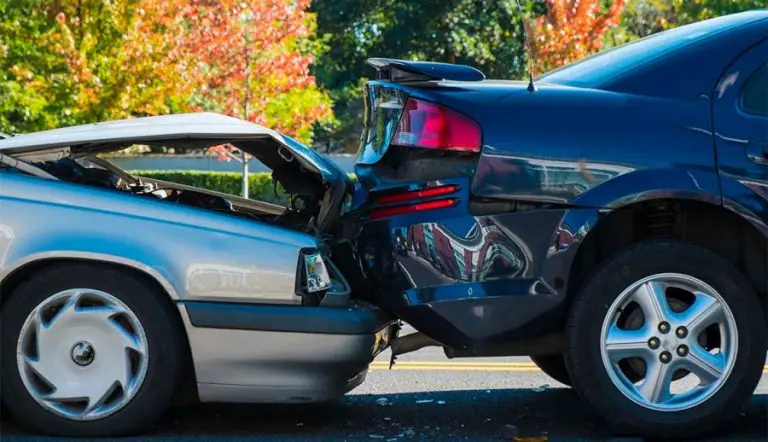Domestic Abuse
The Illinois Domestic Violence Act of 1986 established laws that protect victims of domestic violence.
If an act of violence is committed by a “family or household member”, the victim is protected by the Illinois Domestic Violence Act.
As defined in the act, a “family or household member” includes spouses or former spouses, parents, children, and stepchildren, persons who formerly shared the same home, persons who dated or were engaged, regardless of gender, persons who allegedly have a child in common, persons with disabilities and their personal assistants.
Abuse can also include a number of things.
Most people believe it only includes physical abuse, but it can be defined as harassment, making a child or other person watch abuse, forcing you to do something you don’t want to do, or denying a disabled person access to needed care.
Verbal Abuse
As mentioned above, an assault can occur without inflicting injury.
If you have been verbally assaulted in a threatening manner, you may qualify for an intentional tort lawsuit.
Certain types of speech, specifically if threatening harm, are considered assault, even if an injury did not occur.
The only thing that needs to occur is fear for your or a loved one’s safety.
If you have questions about what type of verbal abuse qualifies, a Chicago assault attorney can assist.
Nursing Home Abuse
Stories of elderly loved ones being abused in nursing homes are not uncommon, unfortunately.
Physical, sexual, emotional, or even financial abuse are all examples of the types of abuse elderly nursing home residents can suffer at the hands of their caregivers.
Driving Under the Influence (DUI)/ Driving While Intoxicated (DWI)
You’re on your way home from work when out of nowhere, a vehicle hits you.
You suffer serious injuries as a result.
If the driver of the other vehicle was driving while under the influence of alcohol or drugs, they can be held both criminally and civilly liable for your injuries.
Reckless Driving
In a similar instance to driving under the influence or driving while intoxicated, reckless drivers can also be held liable if their actions caused injury to another person.
Charges can be pursued in a criminal court and a civil lawsuit could be filed seeking compensation for the damages suffered.
Firearm Crimes
While assault does not necessarily mean an injury was inflicted, battery occurs when harm to an individual has occurred.
Both assault and battery can be further divided between simple and aggravated.
The difference between the two is often the threat or use of a firearm.
If a firearm was used in the crime, harsher punishments are imposed, and the civil lawsuit can often request more compensation for damages.
Sexual Abuse and Assault
Sexual abuse is considered a form of assault.
In Illinois, sexual abuse and assault victims can take their abusers to court.
While criminal charges may have resulted, the charges, in that case, will not help pay for your pain and suffering.
This is where a civil case comes into play.
Holding the responsible party accountable for the harm done to you rather than the crime committed can help you recover compensation for your suffering, medical bills, and even emotional distress.












